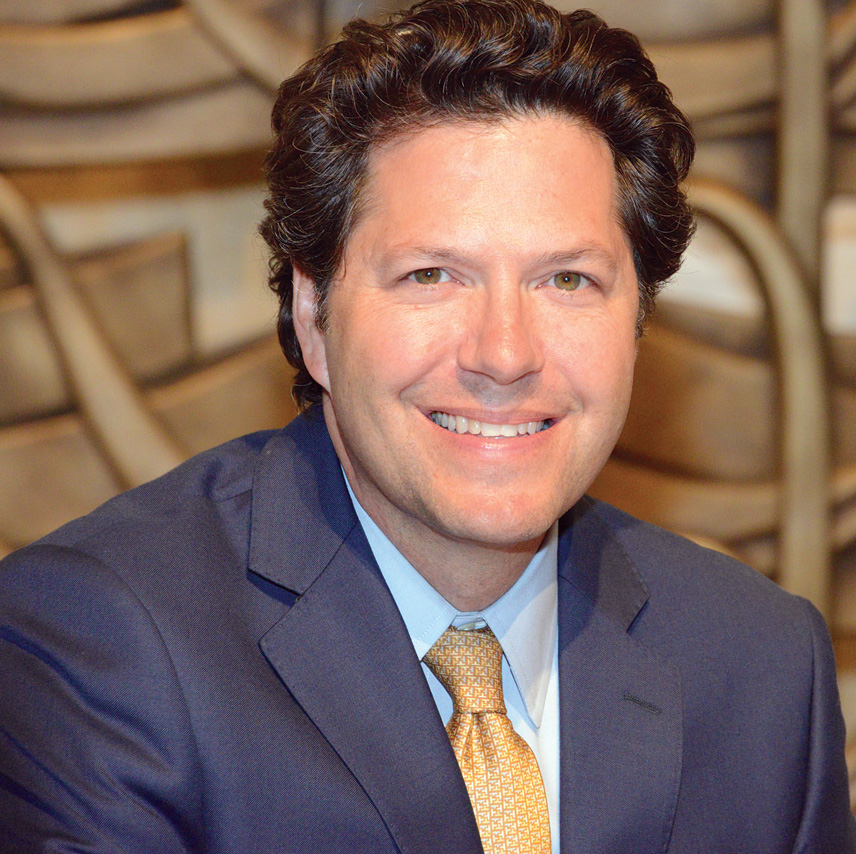 Lior Mizrahi/Getty Images
Lior Mizrahi/Getty Images This week, The Washington Post and The Times of Israel reported on a letter signed by more than 300 U.S. rabbis and cantors from the Conservative, Reform and Reconstructionist movements concerning the new Israeli government that was sworn in on Thursday. The open letter expresses its disapproval in particular of the inclusion of two political parties: the Religious Zionist Party and the Otzma Yehudit party. During the campaign leading up to the most recent national election—the fifth in the last four years—these two parties campaigned on regressive platforms. The parties’ policy proposals call for:
- A change in the Law of Return to exclude those who converted to Judaism under the supervision of Conservative, Reform, or Reconstructionist clergy.
- Erosion of rights for LGBTQ+ persons and women.
- Diminishment of the power of the judiciary and Supreme Court.
- Annexation of the West Bank without allowing its Palestinian residents the right to vote.
- The expulsion of Israeli Arab citizens who criticize the government.
These positions reverse core components of a shared Zionist vision dating back more than a century and a half and decades of Israeli precedent. They also undermine some of the basic rights affirmed in Israel’s declaration of independence.
As a lifelong Zionist, and as a citizen of Israel, I am deeply concerned about this new government, the most right-wing in Israel’s history. In addition to the effect of these policy changes on Israeli citizens, Arab and Jewish alike, I am worried about the effect this new Israeli government will have on Israel-Diaspora relations in particular, as well as its effect on opinions and feelings about Israel more broadly, including an erosion of support for Israel among a majority of Americans. Recent surveys demonstrate—especially among Jews under 50 years old—an increasing emotional detachment from Israel and antipathy toward Prime Minister Benjamin Netanyahu’s leadership. These surveys were conducted before the formation of this current government.
I’ve heard some American Jews say that if the official policy of the Israeli government is to not accept them as Jews or to deny their sexual or gender identity, well then, they “are done with Israel.” This breaks my heart. I could never be “done” with Israel no matter how problematic I might find its leadership or policies. We are, of course, called the People of Israel—the latest in a long line of those who have struggled with and for sovereign power as a Jewish state.
This year, our educational theme at Wise School is tikvah, hope, and the song we sing that honors this value is based on a verse from Psalm 27 that reminds us that hope requires patience. The root of the word tikvah is related to a word that means “to wait” or “to expect.” Waiting doesn’t mean sitting around and doing nothing. We should act, raise our voices in appropriate and thoughtful ways, and invest our tzedakah dollars in a manner that is consistent with our values, all the while accepting the reality that change takes time, that progress inevitably includes setbacks along the way, and that the only way to realize the world that we dream of is through hard work and persistence.
Following are some ways that I navigate moments like this.
First, rather than disconnecting or distancing myself from Israel, I try to engage more fully by reaching out to my Israeli friends and family to hear their perspectives, to find out how they see the situation from their much more intimate perspective. I ask them how they are responding to the new government and I try to make sure that I am gathering news about Israel from a variety of perspectives.
Second, rather than diminishing my personal Israel-related philanthropy, I am increasing my gifts and focusing them on non-profit organizations that express my values and interests. For the past 30 years, I have served as volunteer executive director of KAVOD, a non-profit tzedakah collective I founded in 1993 while living in Israel. We support a variety of Mitzvah Heroes who embody the value of kavod, the belief that every human being—regardless of their gender, sexuality, race or religion—deserves dignity and respect. Many of the organizations we support are Israel-based.
Third, I remind myself and others that one can be opposed to the leadership of individual politicians or to the policies of a particular party or legislative body without divorcing oneself from a nation or country. There are elected officials in the United States whose leadership I oppose and who advocate for policies I might find repugnant, but this doesn’t cause me to say that I’m “done with America.”
I have shared with you many times the verse from the prophet Zecharia that describes Jews as “prisoners of hope.” I will never give up the hope that Israel might yet become, in the words of the prayer for the State of Israel, which we include in our liturgy each Shabbat, “the beginning of the first flowering of our redemption.”
At the dawn of a new year, I remain hopeful, engaged and—difficult as it sometimes is—patient.























 More news and opinions than at a Shabbat dinner, right in your inbox.
More news and opinions than at a Shabbat dinner, right in your inbox.